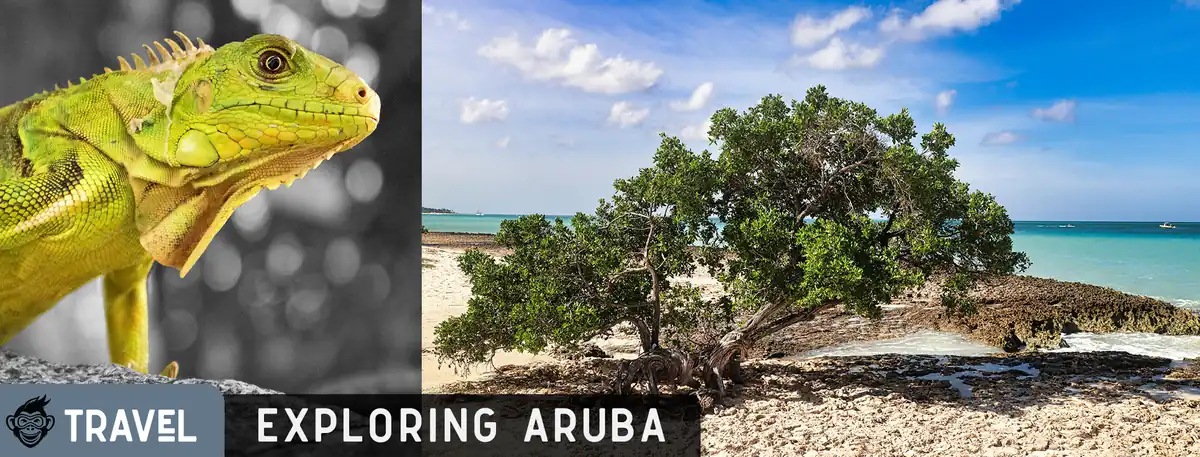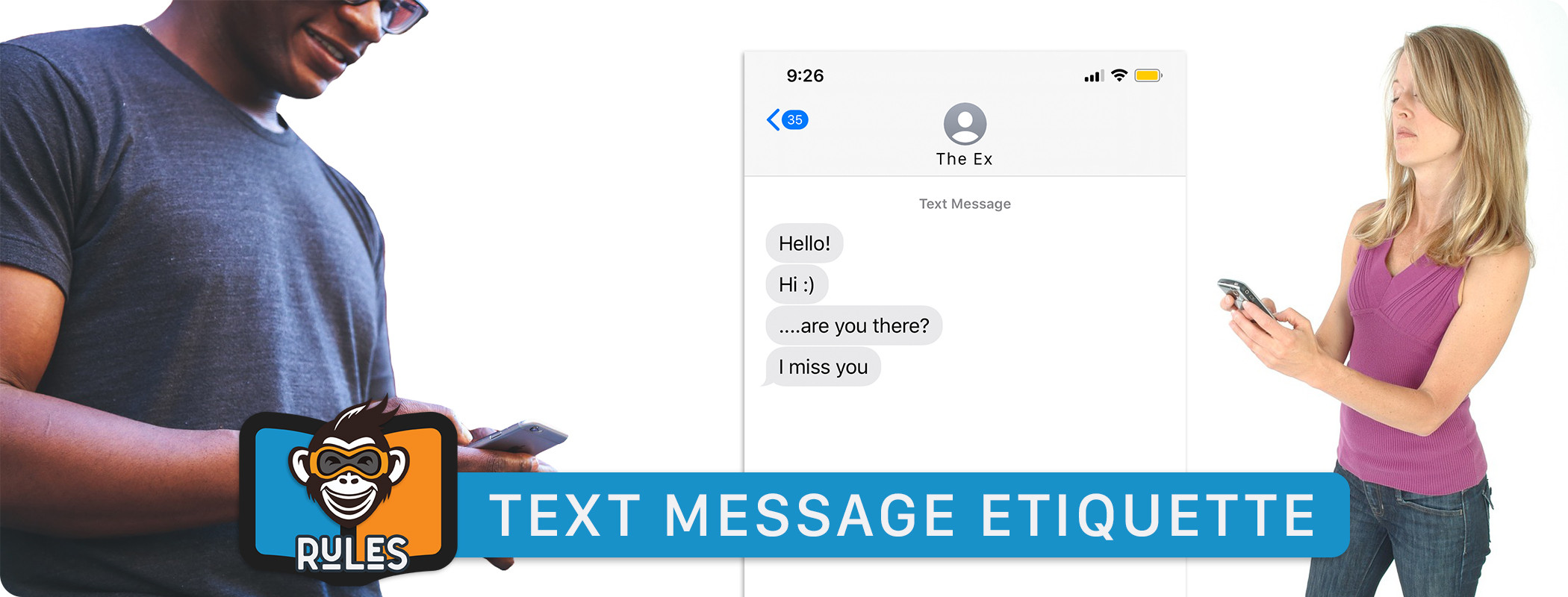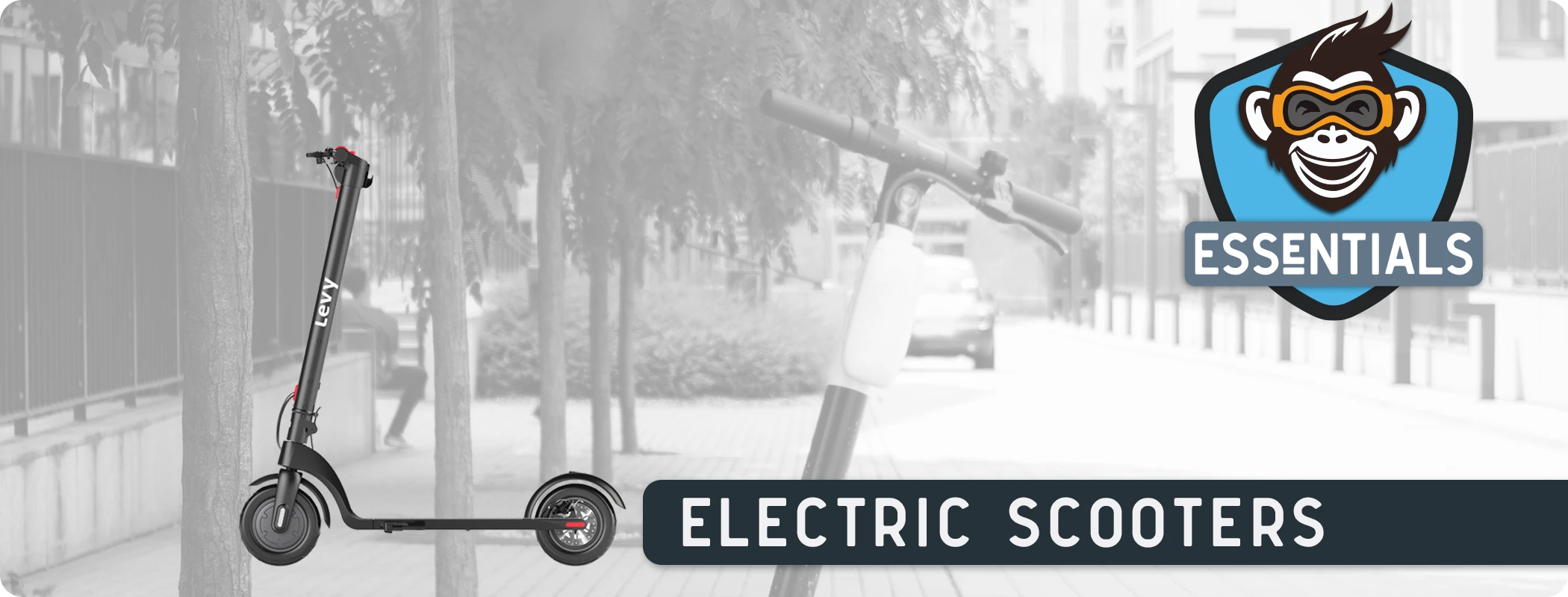
A Guy's Guide To SOPA
You might have noticed by now that Wikipedia is “blacked out” for the day. If you haven’t heard about SOPA by now, you probably should read up on it and make an informed decision on whether to contact your representative and complain about it (we at Stray Monkey have done the research, and we are complaining). Here’s the thing though, the research can be boring. So without further ado, here’s a Guy’s Guide To SOPA.
The text in the blocks is from Gizmodo’s excellent article “What Is SOPA”.
Our text after is the Stray Monkey summary.
House Judiciary Committee Chair and Texas Republican Lamar Smith, along with 12 co-sponsors, introduced the Stop Online Piracy Act on October 26th of last year. Debate on H.R. 3261, as it’s formally known, has consisted of one hearing on November 16th and a “mark-up period” on December 15th, which was designed to make the bill more agreeable to both parties. Its counterpart in the Senate is the Protect IP Act (S. 968). Also known by it’s cuter-but-still-deadly name: PIPA. There will likely be a vote on PIPA next Wednesday; SOPA discussions had been placed on hold but will resume in February of this year.
The bi-partisan bill was introduced as an “anti-piracy bill” and is working its way through Congress. Another similar bill (PIPA) is in the Senate.
The beating heart of SOPA is the ability of intellectual property owners (read: movie studios and record labels) to effectively pull the plug on foreign sites against whom they have a copyright claim. If Warner Bros., for example, says that a site in Italy is torrenting a copy of The Dark Knight, the studio could demand that Google remove that site from its search results, that PayPal no longer accept payments to or from that site, that ad services pull all ads and finances from it, and—most dangerously—that the site’s ISP prevent people from even going there.
The bill gives the movie studios and record labels the power to shut down websites, stop their income, and potentially prevent anyone from accessing their site if they’re accused of pirating music or movies. That gives the studios a lot of power. The same studios that brought us 3D movies and Lady Gaga. They obviously can’t be trusted.
Click Read More for the rest of the article…
You might have noticed by now that Wikipedia is "blacked out" for the day. If you haven't heard about SOPA by now, you probably should read up on it and make an informed decision on whether to contact your representative and complain about it (we at Stray Monkey have done the research, and we are complaining). Here's the thing though, the research can be boring. So without further ado, here's a Guy's Guide To SOPA.

The text in the blocks is from Gizmodo's excellent article "What Is SOPA".
Our text after is the Stray Monkey summary.
| House Judiciary Committee Chair and Texas Republican Lamar Smith, along with 12 co-sponsors, introduced the Stop Online Piracy Act on October 26th of last year. Debate on H.R. 3261, as it's formally known, has consisted of one hearing on November 16th and a "mark-up period" on December 15th, which was designed to make the bill more agreeable to both parties. Its counterpart in the Senate is the Protect IP Act (S. 968). Also known by it's cuter-but-still-deadly name: PIPA. There will likely be a vote on PIPA next Wednesday; SOPA discussions had been placed on hold but will resume in February of this year. |
The bi-partisan bill was introduced as an "anti-piracy bill" and is working its way through Congress. Another similar bill (PIPA) is in the Senate.
| The beating heart of SOPA is the ability of intellectual property owners (read: movie studios and record labels) to effectively pull the plug on foreign sites against whom they have a copyright claim. If Warner Bros., for example, says that a site in Italy is torrenting a copy of The Dark Knight, the studio could demand that Google remove that site from its search results, that PayPal no longer accept payments to or from that site, that ad services pull all ads and finances from it, and—most dangerously—that the site's ISP prevent people from even going there. |
The bill gives the movie studios and record labels the power to shut down websites, stop their income, and potentially prevent anyone from accessing their site if they're accused of pirating music or movies. That gives the studios a lot of power. The same studios that brought us 3D movies and Lady Gaga. They obviously can't be trusted.
| The language in SOPA implies that it's aimed squarely at foreign offenders; that's why it focuses on cutting off sources of funding and traffic (generally US-based) rather than directly attacking a targeted site (which is outside of US legal jurisdiction) directly. But that's just part of it. |
The bill wants to stop "foreign websites" but the Trojan Horse is that any site can be shut down. I'd link to the Wikipedia page about the Trojan Horse, but they're blacked out today. I guess you have to do your own research.
|
Here's the other thing: Payment processors or content providers like Visa or YouTube don't even need a letter shut off a site's resources. The bill's "vigilante" provision gives broad immunity to any provider who proactively shutters sites it considers to be infringers. Which means the MPAA just needs to publicize one list of infringing sites to get those sites blacklisted from the internet. Potential for abuse is rampant. As Public Knowledge points out, Google could easily take it upon itself to delist every viral video site on the internet with a "good faith belief" that they're hosting copyrighted material. Leaving YouTube as the only major video portal. Comcast (an ISP) owns NBC (a content provider). Think they might have an interest in shuttering some rival domains? Under SOPA, they can do it without even asking for permission. |
Google may be against this bill, but if it gets passed they'll still take advantage of it. Could they shut down Vimeo, DailyMotion, and others? Potentially. And despite the fact that DailyMotion is a French company, they still don't deserve to be shut down. France...ugh.
|
SOPA also includes an "anti-circumvention" clause, which holds that telling people how to work around SOPA is nearly as bad as violating its main provisions. In other words: if your status update links to The Pirate Bay, Facebook would be legally obligated to remove it. Ditto tweets, YouTube videos, Tumblr or WordPress posts, or sites indexed by Google. And if Google, Twitter, Wordpress, Facebook, etc. let it stand? They face a government "enjoinment." They could and would be shut down. The resources it would take to self-police are monumental for established companies, and unattainable for start-ups. SOPA would censor every online social outlet you have, and prevent new ones from emerging. |
Basically, if a site is blocked you can still get to it via the IP Address (For example, you can get to Facebook by typing either facebook.com or the numbers 69.171.229.11). If you link to the IP on Facebook or Twitter those sites have to take down your post/Tweet or face getting blacklisted too. There's not enough staff they could hire to block all that content. And with smaller sites like straymonkey.com, we don't have enough time in the day to block this.
| The party line on SOPA is that it only affects seedy off-shore torrent sites. That's false. As the big legal brains at Bricoleur point out, the potential collateral damage is huge. And it's you. Because while Facebook and Twitter have the financial wherewithal to stave off anti-circumvention shut down notices, the smaller sites you use to store your photos, your videos, and your thoughts may not. If the government decides any part of that site infringes on copyright and proves it in court? Poof. Your digital life is gone, and you can't get it back. |
Simple: Facebook has the money to fight the blacklists in court if they get hit with one. Sites like TwitPic, Stray Monkey, and thousands more don't have that ability.
|
What's saddest about SOPA is that it's pointless on two fronts. In the US, the MPAA, and RIAA already have the Digital Millennium Copyright Act (DMCA) to request that infringing material be taken down. We've all seen enough "video removed" messages to know that it works just fine. As for the foreign operators, you might as well be throwing darts at a tse-tse fly. The poster child of overseas torrenting, Pirate Bay, has made it perfectly clear that they're not frightened in the least. And why should they be? Its proprietors have successfully evaded any technological attempt to shut them down so far. Its advertising partners aren't US-based, so they can't be choked out. But more important than Pirate Bay itself is the idea of Pirate Bay, and the hundreds or thousands of sites like it, as populous and resilient as mushrooms in a marsh. Forget the question of should SOPA succeed. It's incredibly unlikely that it could. At least at its stated goals. |
The movie studios and record labels already have bills to prevent pirating. And they work. What they can't stop is all of the sites that keep popping up once an old one is taken down (eg. Limewire -> Napster -> Torrents). The bill is pointless, and will only hurt freedom of information.
|
SOPA is, objectively, an unfeasible trainwreck of a bill, one that willfully misunderstands the nature of the internet and portends huge financial and cultural losses. The White House has come out strongly against it. As have hundreds of venture capitalists and dozens of the men and women who helped build the internet in the first place. In spite of all this, it remains popular in the House of Representatives. That mark-up period on December 15th, the one that was supposed to transform the bill into something more manageable? Useless. Twenty sanity-fueled amendments were flat-out rejected. And while the bill's most controversial provision—mandatory DNS filtering—was thankfully taken off the table recently, in practice internet providers would almost certainly still use DNS as a tool to shut an accused site down. |
The bill looks like it will pass. Unless we do something about it.
| The momentum behind the anti-SOPA movement has been slow to build, but we're finally at a saturation point. Wikipedia, BoingBoing, WordPress, TwitPic: they'll all be dark on January 18th. An anti-SOPA rally has been planned for tomorrow afternoon in New York. The list of companies supporting SOPA is long but shrinking, thanks in no small part to the emails and phone calls they've received in the last few months. |
Call your representatives, email them, and post this on Facebook if you want to fight SOPA (and you did your research - always be informed). We can block this bill, we just can't be silent about it. You can also share this article using the buttons below. Thanks!
About the Author

Ray is the founder of Stray Monkey, and as a shameless plug he wants to remind you to check out the SetScribe sports card collection app.
Share This Article
 Check These Out
Check These Out
Content not available. Please disable site blocker to view.
About Stray Monkey
Stray Monkey is your source for entertainment, travel, and lifestyle content that's a little off the beaten path.
Learn more about us








